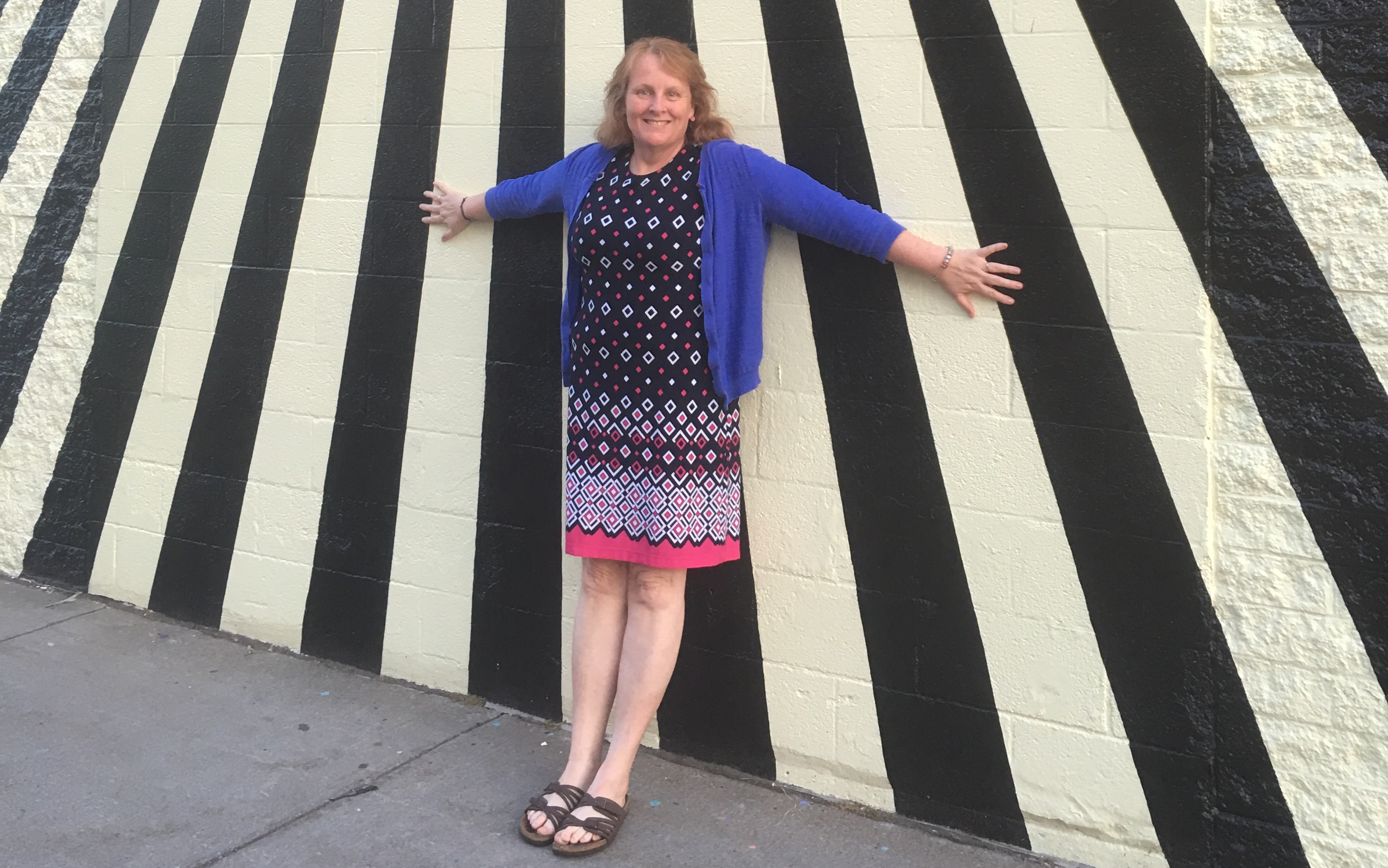16 Things I Wish Family and Friends Understood About Living With a Chronic Condition
Have you ever imagined standing up in front of friends and family and telling them the truth about how it feels to live with a chronic condition? Or fantasized about telling others the things you have experienced since diagnosis that have been hurtful or resulted in loneliness? Oftentimes it is difficult to share these thoughts, and if we try, the audience does not always hear the message; rather, people might become dismissive or defensive.
Here are 16 things I would like our loved ones to understand:
1. We love spending time with you, but it will often result in exhaustion. Coming over to our home to watch a movie or talk may be easier than going out.
2. Remember we are still people, just like you. We may not be able to perform all the tasks we previously did, but our spirit lives. In fact, we often have a greater appreciation for the little things, the blessings in life. Relationships are blessings.
3. We may forget things, repeat ourselves or get loud. Brain fog can set in, especially due to fatigue or sitting too long. Please be patient.
4. We get lonely. Most people around us go to work or school while we are home alone for what could be half the day. Sometimes we just need human conversation to feel alive.
5. Simple things like meeting for tea or coffee at a local shop is wonderful. A large meal oftentimes takes too much time and causes digestive issue.
6. We get scared. With conditions like dysautonomia, which is not rare but is not always diagnosed in a timely fashion, we must advocate for treatment. Many of us travel to other states from home just to see a competent doctor. This becomes frustrating. What is more frustrating and frightening, however, is when we need immediate care and there are few options in our geographical area.
7. It can be difficult for us to ask for help. We want to remain independent, but unfortunately there are things we just cannot do anymore. If we seek assistance, we must really need some help. Try to assist if you can.
8. Don’t think because we live with a chronic condition you should not ” bother us” with your problems. This makes us feel less than important and honestly is not the way to foster relationships. We can talk, listen and be supportive of our loved ones, so please remember to share your celebrations and struggles. We care.
9. Don’t stop inviting us to events. I have teared up when I have seen photographs on social media of friends doing things together I could have easily performed. Let me have the opportunity; if I can’t do it, I will say so. But keep inviting me. And please don’t take it personally if I decline or cancel at the last minute. My body is unpredictable and despite best efforts, it flattens me at times.
10. Allow us to modify our environment rather than assisting us. I have to keep my feet up, otherwise I feel like I will pass out. I either find a second chair or sit in a position that works for me. I know how to handle my condition; and while you are trying to be helpful when offering a chair or other tool, I want you to know I am capable of handling these situations. I will ask if help is needed.
11. Don’t feel sorry for us. Most of the time we do not feel this way. We embrace life and try to do our best each day. Pity is one of the worse aspects of this life.
12. Don’t ask us what we do all day. Sometimes days are productive, and other times we might need to sleep. Either way, we listen to our bodies and try to pace activities. We cannot go from one activity to the next; our energy supply is more finite. We would love to have boundless energy, but we don’t. Remember, we don’t ask you what you do all day on your days off; and when we hear this question presented to us, we often cringe. It also devalues us.
13. Treat us like you would other friends and relatives. We are people; that has not changed.
14. Understand that while we might look healthy on the outside, all sorts of body systems inside are rebelling. We won’t talk about all these things, but please know we don’t fake it.
15. Understand that we choose to have fun but oftentimes will have to pay the price later. Recovering from activities may take hours or days, but we would rather try to enjoy ourselves than not.
16. Please know we are thankful you are in our lives. We have lost friends and relatives. This can happen while living with chronic illness. We are not sure why; maybe some don’t believe us, are afraid our illness is contagious or are fearful as they realize life can change quickly. Thank you for staying.

